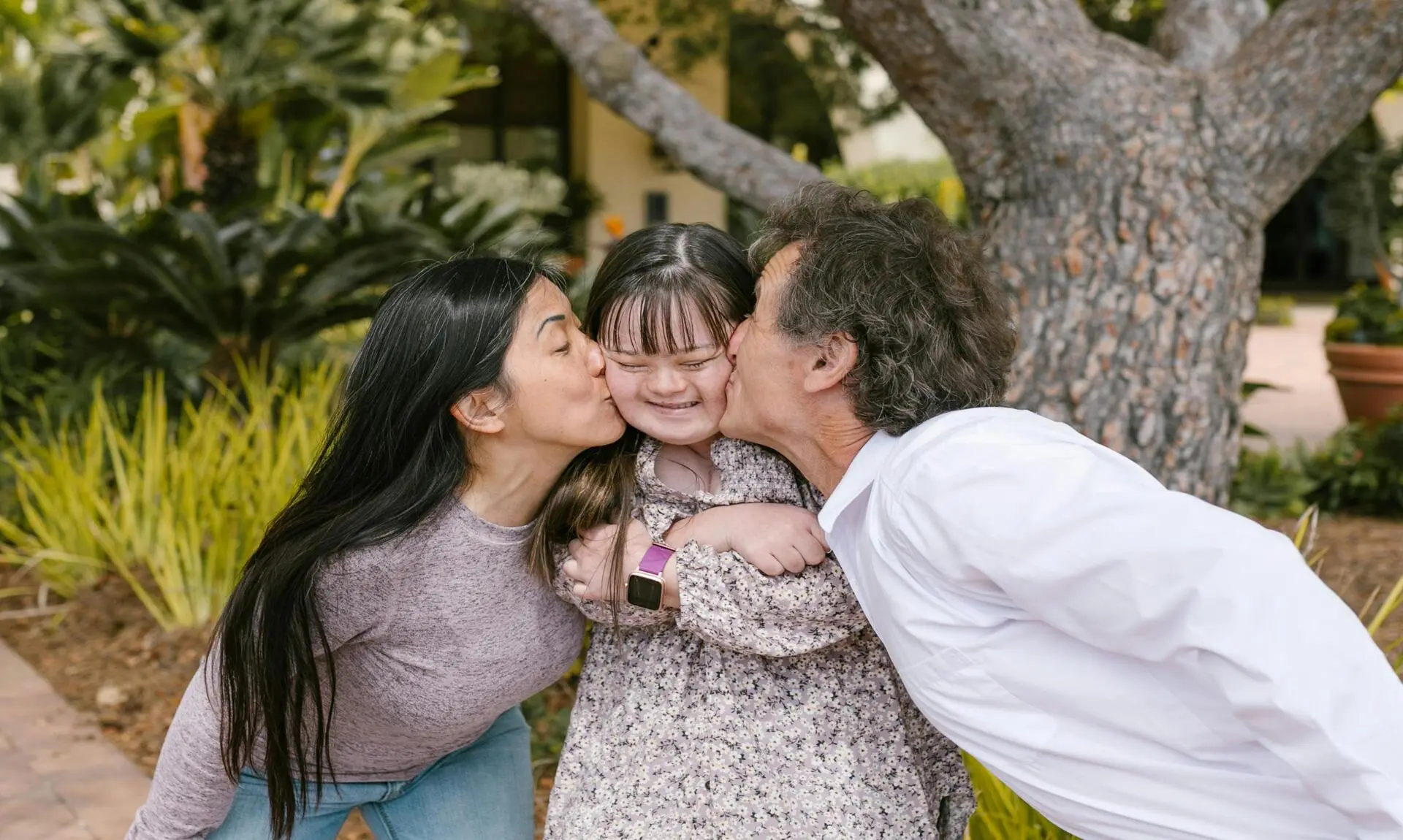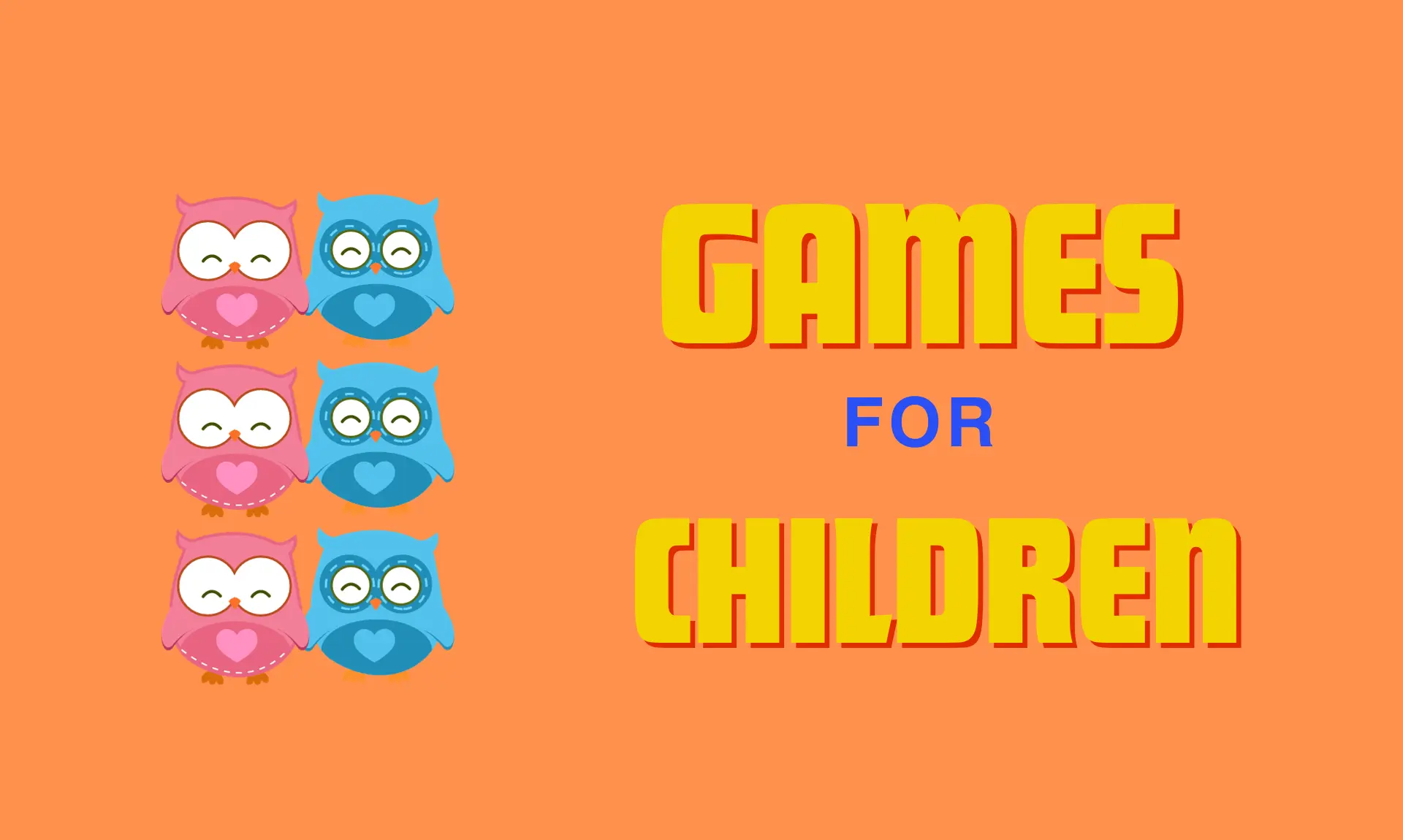Conflict Resolution Scenarios
Conflict Resolution Scenarios
Introduction:
Conflict Resolution Scenarios are a set of interactive activities designed to help participants develop essential conflict resolution skills. As a trainer, your role is to facilitate these scenarios, allowing participants to practice effective conflict resolution in a safe and controlled environment. These activities create a conducive setting for participants to learn how to address and resolve conflicts constructively.
Materials Needed:
- Conflict scenarios or case studies
- Whiteboard and markers for debriefing
- Timer or clock
- Optional: Notepads or journals for participants to take notes
Game Rules:
- Begin by introducing the concept of conflict resolution and its importance in personal and organizational development. Explain the rules and objectives of the scenarios.
- Present participants with various conflict scenarios or case studies. These can range from interpersonal conflicts to workplace disputes.
- Divide participants into pairs or small groups, and assign each group a scenario to work on. They should discuss and resolve the conflict using conflict resolution techniques.
- Set a specific timeframe for each scenario, allowing participants ample time to analyze and address the conflict.
- As a trainer, circulate among the groups to provide guidance, answer questions, and observe their approaches to conflict resolution.
- After each scenario, bring the entire group together for a debriefing session. Ask participants to share their insights, strategies used, and lessons learned during the exercise.
- Rotate through several scenarios to provide a well-rounded experience in conflict resolution.
Rewards and Recognition:
Recognize and reward participants for their active participation, effective use of conflict resolution techniques, and contributions to resolving conflicts. Acknowledge individuals or groups who excel in resolving conflicts in a constructive manner. Rewards can include certificates, verbal praise, or small tokens of appreciation.
Learning Objectives:
The Conflict Resolution Scenarios aim to help participants achieve the following learning objectives:
- Develop conflict resolution skills: Participants will learn and practice effective techniques for resolving conflicts.
- Enhance communication: Conflict resolution scenarios encourage participants to improve their communication and active listening skills.
- Build empathy: Participants will gain a better understanding of the perspectives and emotions of others involved in a conflict.
- Foster teamwork: Working together to resolve conflicts helps participants appreciate the value of collaboration and teamwork.
- Improve problem-solving abilities: Conflict resolution often requires creative problem-solving, and these scenarios help participants develop this skill.
Conclusion:
In conclusion, Conflict Resolution Scenarios provide an invaluable opportunity for participants to hone their conflict resolution skills, a critical competency for personal and organizational development. As a trainer, your role is pivotal in guiding participants through these exercises and helping them internalize effective conflict resolution strategies. These activities offer a practical and memorable way for individuals to apply their newfound conflict resolution skills to real-life situations, contributing positively to their personal growth and the harmony and productivity of their organizations.
latest video
news via inbox
Nulla turp dis cursus. Integer liberos euismod pretium faucibua





